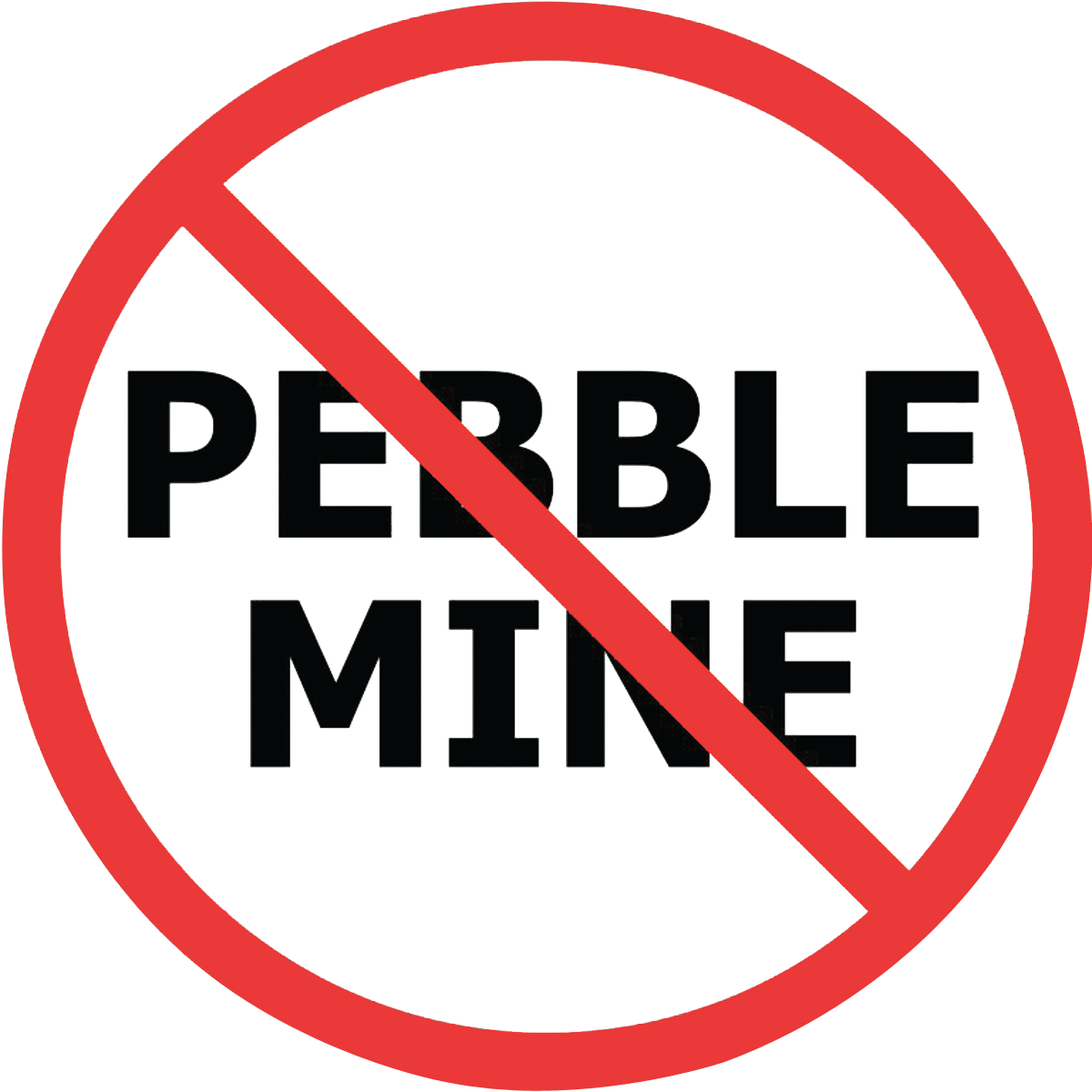See original story in The Washington Post here.
By Brady Dennis July 11 at 4:58 PM
The Trump administration has taken a key step toward paving the way for a controversial gold, copper and molybdenum mine in Alaska’s Bristol Bay watershed, marking a sharp reversal from President Barack Obama’s opposition to the project.
The Environmental Protection Agency on Tuesday proposed withdrawing its 2014 determination barring any large-scale mine in the area because it would imperil the region’s valuable sockeye salmon fishery. The agency said it would accept public comments on the proposal for the next 90 days.
“The facts haven’t changed. The science hasn’t changed. The opposition hasn’t changed,” said Taryn Kiekow Heimer, a senior policy analyst at the Natural Resources Defense Council, which has fought the proposed mine. “The fact that it’s the wrong mine in the wrong place hasn’t changed. But the politics have changed.”
The EPA’s latest action stems from a legal settlement in the spring with Pebble Limited Partnership, a subsidiary of the Canadian firm Northern Dynasty Minerals Ltd. The settlement did not grant an immediate approval for the polarizing project, but it did begin to clear the way for the company to apply for federal permits — a path the Obama administration had thwarted.
EPA Administrator Scott Pruitt said at the time that the settlement did not “guarantee” a particular outcome and that he merely wanted to provide the company a “fair process” while avoiding “costly and time-consuming litigation.” Northern Dynasty Minerals, which has sued the EPA on several occasions regarding the project, has said that it wants “nothing more than fairness and due process under the law.”
Even if the EPA eventually does withdraw its opposition, Pebble Mine would have to undergo a federal environmental review and clear other state hurdles before construction could begin. The EPA said Tuesday that after it hears from the public and consults with local tribes, its regional administrator will make a final determination “in consultation” with Pruitt.
The agency is likely to get an earful in coming months from Pebble Mine opponents.
Native Alaskans, environmentalists, fishing operators and local businesses have opposed the mine proposal since Northern Dynasty Minerals began exploring in the area in 2004. Southwestern Alaska contains a reservoir of gold worth an estimated $120 billion, but the lakes and tributaries that dot it feed into the headwaters of Bristol Bay, home to a fishery that generates $500 million a year.
“It’s absurd that the EPA and our elected officials are bending over backwards to appease a foreign mining company at the expense of good-paying Alaskan jobs,” Brian Kraft, owner of Alaska Sportsman’s Lodge, which sits on the Kvichak River, a few miles from the proposed mine site, said in a statement Tuesday. “Alaskans have made it clear time and again that developing the Pebble Mine in the world’s greatest wild salmon fishery is a terrible idea. Just look at the salmon pouring into these rivers right now. … That’s money for businesses and communities; that’s food for our families.”
In 2014, the EPA invoked a rarely used clause of the Clean Water Act to issue a proposed determination that the company could not apply to the Army Corps of Engineers for any permits because a massive mine could have “significant” and potentially “catastrophic” impact on the region.
Many congressional Republicans, including Sen. Lisa Murkowski (Alaska) and House ScienceCommittee Chairman Lamar Smith (Tex.) oppose what they have described as the EPA’s “preemptive” veto of the project during the Obama years. Groups such as the National Mining Association argue that the agency overstepped its authority. “EPA’s actions trampled the authority of the state of Alaska, preempted the role of other federal and state agencies, and potentially stranded the mining company’s $700 million in capital investment,” the association’s leader testified before Congress in 2014.
Alaska Gov. Bill Walker, an independent, has said that constructing Pebble Mine “presents formidable challenges” given the valuable fishery and the rural village life that depends on it. A ballot measure in the fall, which would enable Alaska lawmakers to ban proposed mining in the Bristol Bay watershed if they determined that the project would imperil wild salmon stocks there, passed with a nearly two-thirds majority.
